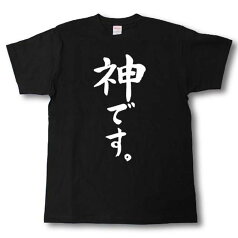(n) aggressiveness
(n) Imperial Household Shinto
(n) Koutai Shrine (the inner shrine of Ise Shrine)
(exp,n) (arch) malevolent god
(n) (uk) (obsc) Sebastes iracundus (species of rockfish)
(n) State Shinto
(n) sciatic nerve
(n,adj-no) trigeminal nerve
(n) the thirty guardian deities (a different one for each day)
(n) the three main Shinto gods: Amaterasu Omikami, Tsukuyomi no Mikoto and Susano-o no Mikoto
three precious children
(n) (1) guardian deity of Buddha the sutras and the sangha
(2) three-person saddle
(n) an ideal topography for the four Taoist gods, with a river in the east, a broad avenue in the west, a basin in the south, and a hill in the north
(n) person who turns up at the right moment to help
(n) spirit of the age
zeitgeist
(n) deism
(n,adj-no) autonomic nerves
(P)
(n) (Buddh) Vajradhara (vajra-wielding gods)
(n) (Buddh) Vajradhara (vajra-wielding gods)
(n) (Buddh) Vajradhara (vajra-wielding gods)
(n) (Buddh) the twelve divine generals (of Bhaisajyaguru)
(n) Kasuga Myoujin (the deity of Kasuga Shrine)
(n,adj-no) of unsound mind
(n) mental retardation
unsound mind
(n) mental retardation
unsound mind
(P)
(adj-i) divine
sublime
solemn
(exp,v5r) to be divinely skilled
(exp) to revere God
(exp) to revere God
(uK) (adj-t,adv-to) (arch) (a work of art being) sublime
transcendent
(n) kagurajishi camelia
Camellia japonica var.



